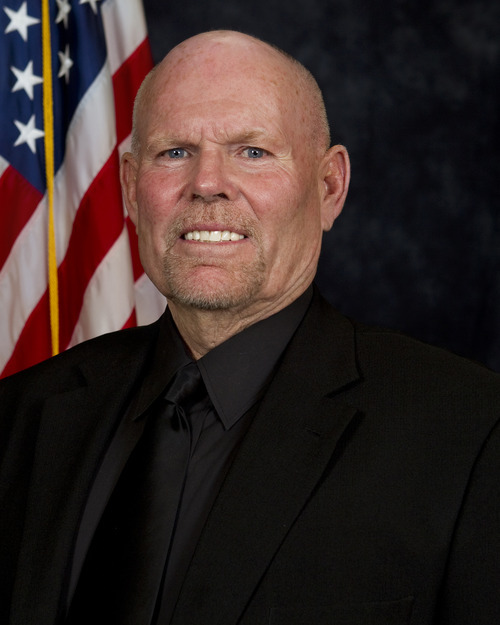The casual observer can be excused for thinking something is seriously wrong at UTOPIA — the consortium of local governments bringing next-generation fiber-optic infrastructure to their businesses and residents.
They can also be excused for thinking that the Utah Telecommunication Open Infrastructure Agency just offers fast speeds. What the network provides extends far beyond the fastest Internet service available to making possible the advancement of critical services such as education, medicine and municipal utilities.
With the recent release of a legislative audit, passionate debate about a tax increase in Orem (which hasn't raised taxes for more than 30 years) and regular sniping by incumbent telecommunications providers and the big business-backed Utah Taxpayers Association, UTOPIA has taken plenty of hits lately.
The point isn't to make light of something that well-meaning people are genuinely concerned about, but the truth is, UTOPIA is not broken and the organization has, in fact, taken great strides toward meeting its visionary promise.
At the dawn of the 20th century, people initially viewed electricity as a luxury and only about "the lights," but when "killer apps" came along — refrigerators, radios, stoves — they began to see the technology as essential and improving quality of life.
Fiber-optic technology perches on the brink of changing our lives in similar ways and as we begin to discover this century's "killer apps" — smart grids, remote education and telemedicine, to name a few — UTOPIA cities stand prepared to take advantage of the endless possibilities for enhancing their communities.
To be sure, UTOPIA made some stumbles out of the gate when it started in 2002. That's part of trying to do something pioneering. Our member cities realized from the beginning that the effort could be difficult and yet willingly joined the journey confident of the benefits that could be gained for their residents.
Since 2008, we put a new management team in place, brought most day-to-day operations in-house, and ramped up qualifications for service providers using the network. We developed new service and pricing models and increased average revenue per user — a key measurement of our financial success — by 40 percent.
UTOPIA has built the most advanced telecommunications network in Utah. Its redundancy and reliability have made UTOPIA very attractive to best-in-class Internet service providers and to major businesses that value our 99.999 percent up time. The network's unique open-access nature enables and encourages competition and offers an alternative to the private, closed networks of incumbent telecommunications providers.
UTOPIA just started offering residential customers a one-gigabit-per-second connection. That kind of bandwidth (200 times faster than the typical home connection) isn't for everyone — yet — but it will become increasingly in demand as more and more of our data is stored in "the cloud," as we expect to instantly download movies and upload video to share with friends, and as we shift work hours because of easy and constant Internet access to our offices.
None of these things is sci-fi and all of them require the latest Internet technology. Unlike legacy networks that run on copper telephone wires or coaxial cable, UTOPIA's fiber-to-the-home system is essentially "future-proof."
Despite all of UTOPIA's technological advances, we realize we still have work to do to improve our management and oversight, as recommended in the legislative audit, and, most importantly, to bring the most advanced communication infrastructure to as many Utahns as possible.
Doing that will require the continuing support of the cities and their taxpayers who own the network – something for which we're extremely grateful. Together, we will ensure that families, small businesses and major corporations in UTOPIA cities benefit from living in some of the most technologically advanced and competitive places in the world.
Kane Loader is chairman of the board of UTOPIA.

No comments:
Post a Comment